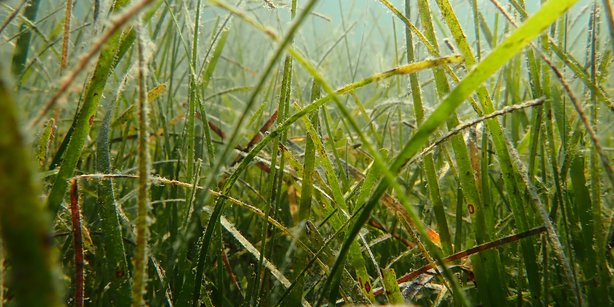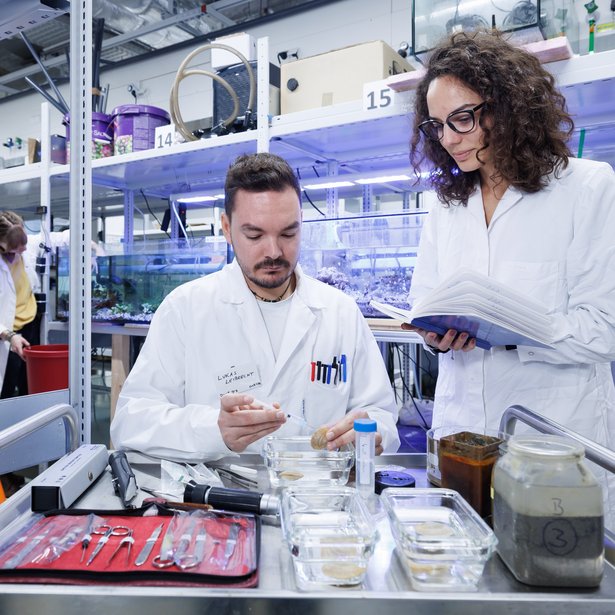Animals and plants evolved in a “sea” of microbes. It is therefore not surprising that the vast majority have evolved to rely on microbes for aspects of their health, development, nutrition, and productivity. Jillian Petersen’s group contributes to this rapidly expanding research field. Her work focuses on beneficial interactions between marine invertebrate animals and their sulfur-oxidising bacterial symbionts, as well as marine and terrestrial plant-microbe interactions. The goal is to understand how the symbiotic partners establish and maintain their intimate relationship from generation to generation, and how these associations evolved in such diverse and widespread habitats, from deep-sea hydrothermal vents to shallow water seagrass beds.
Jillian and her group use the full suite of methods for understanding diversity and function of uncultured microbes in natural habitats, including high-throughput sequencing, single-cell imaging, and isotope tracing, among many others. She has received an ERC Starting Grant in 2018, an ERC Consolidator Grant in 2023, is a Board Member for the FWF, and Editor-in-Chief of the ISME Journal.





